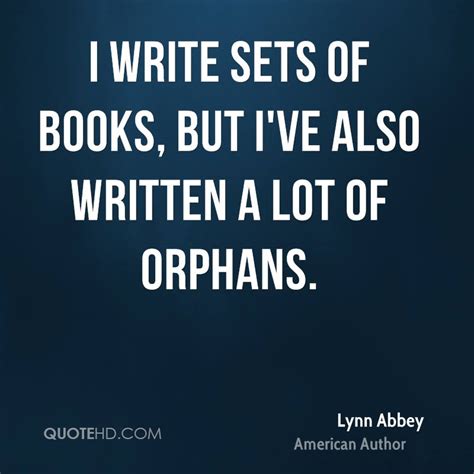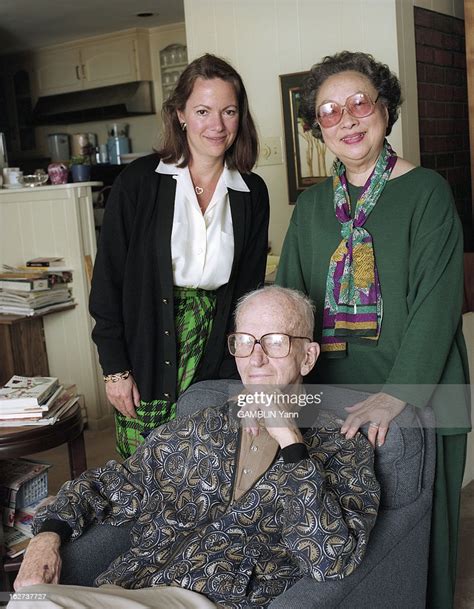A Quote by W. H. Auden
Hemingway is terribly limited. His technique is good for short stories, for people who meet once in a bar very late at night, but do not enter into relations. But not for the novel.
Related Quotes
I love short stories - reading and writing them. The best short stories distill all the potency of a novel into a small but heady draught. They are perfect reading material for the bus or train or for a lunchtime break. Everything extraneous has been strained off by the author. The best short stories pack the heft of any novel, yet resonate like poetry.
I would also suggest that any aspiring writer begin with short stories. These days, I meet far too many young writers who try to start off with a novel right off, or a trilogy, or even a nine-book series. That's like starting in at rock climbing by tackling Mt. Everest. Short stories help you learn your craft.
A short story I have written long ago would barge into my house in the middle of the night, shake me awake and shout, 'Hey,this is no time for sleeping! You can't forget me, there's still more to write!' Impelled by that voice, I would find myself writing a novel. In this sense, too, my short stories and novels connect inside me in a very natural, organic way.






































